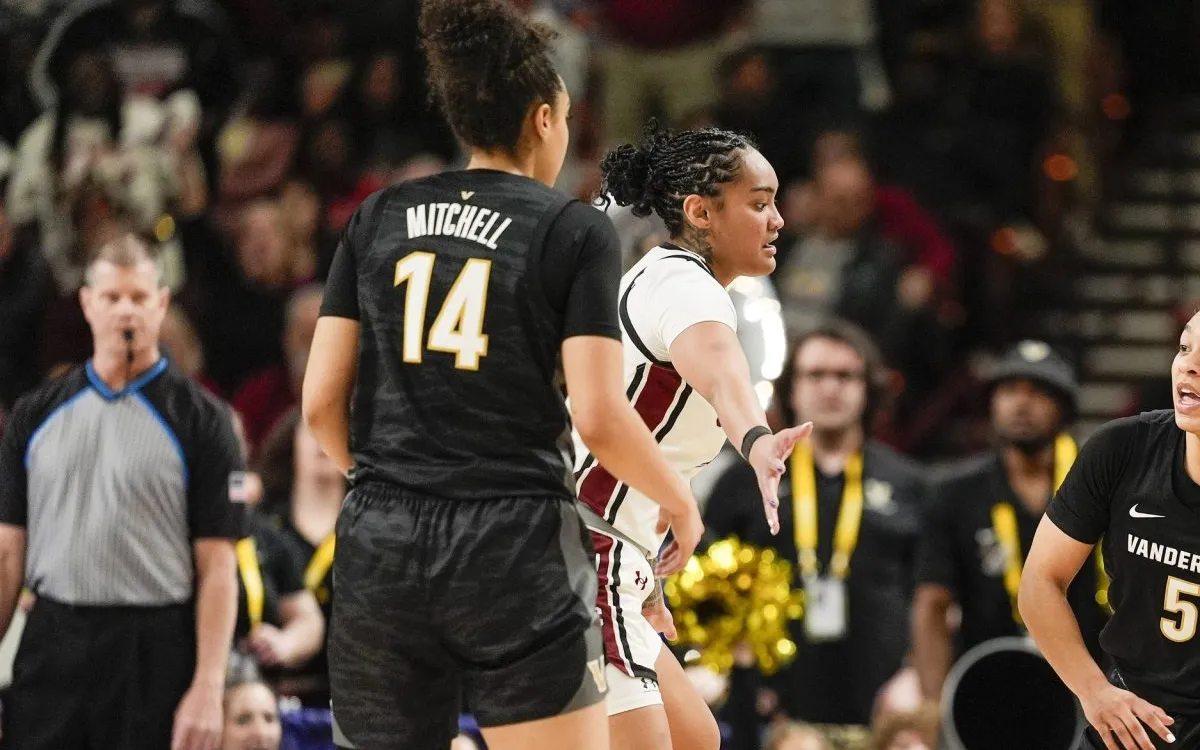
A group of eight women athletes has officially filed an appeal against the recent approval of the House v. NCAA settlement, asserting that it violates the Title IX gender equity statute. This appeal, which was submitted on Wednesday, specifically targets the back damages portion of the settlement. This marks the first appeal regarding the landmark settlement, which proposes a substantial $2.8 billion in back damages for athletes who were unable to earn NIL (name, image, and likeness) income prior to 2021. Additionally, the settlement allows schools to share revenue with athletes, a significant shift in collegiate sports.
The House v. NCAA settlement has been designed to create a new framework for collegiate athletics, setting up a vetting process to ensure that NIL deals do not turn into pay-for-play arrangements. Furthermore, it aims to eliminate scholarship limits while imposing roster limits in their place. The settlement was endorsed by Judge Claudia Wilken on a Friday night after an extensive adjudication process that spanned several months and included numerous objections, many of which were related to Title IX.
The law firm Hutchinson Black and Cook, which is representing the athletes in this appeal, had previously raised concerns during the settlement approval process. Now, they are making another attempt to address these grievances. The eight female athletes include Kacie Breeding from Vanderbilt, Lexi Drumm, Emma Appleman, Emmie Wannemacher, Riley Hass, Savannah Baron, and Elizabeth Arnold from the College of Charleston, as well as Kate Johnson from the University of Virginia.
The core argument presented by this group is that the method proposed for distributing the $2.8 billion in damages is inherently biased. They contend that female athletes would receive proportionately less than their male counterparts, specifically football and men’s basketball players, in terms of damage payments and revenue-sharing. Attorney Ashlyn Hare indicated that this approach could deprive female athletes of an estimated $1.1 billion in due compensation.
In a statement to Front Office Sports, Hare emphasized the potential fallout from the settlement, stating: “Paying out the money as proposed would be a massive error that would cause irreparable harm to women’s sports.” She further articulated that the settlement implies that schools could allocate over 90% of the revenue generated by male athletes over the past six years, effectively disregarding the implications of Title IX.
Hare highlighted the legal obligations of educational institutions, stating, “If Nike wants to do that, that is their choice. If the school, or a conference acting on the school’s behalf tries to do that, they are violating the law. They can either pay the athletes proportionately, or they can return all of their federal funds. But they can’t do both.”
As it stands, the court has decided to pause the back damages portion of the settlement, meaning that payments will be postponed until the appeal is resolved. The appeal itself will be submitted to the Ninth Circuit. Judge Wilken previously noted that the objections relating to Title IX did not sway her decision-making process. She clarified that the House settlement is fundamentally an antitrust issue, not a gender equity matter that must provide damages or relief based on alternative financial scenarios, even if those scenarios were not equitable.
Despite this, Judge Wilken did acknowledge in her approval decision that athletes retain the right to pursue legal action on Title IX grounds in the future, leaving the door open for further discussions surrounding gender equity in collegiate athletics.